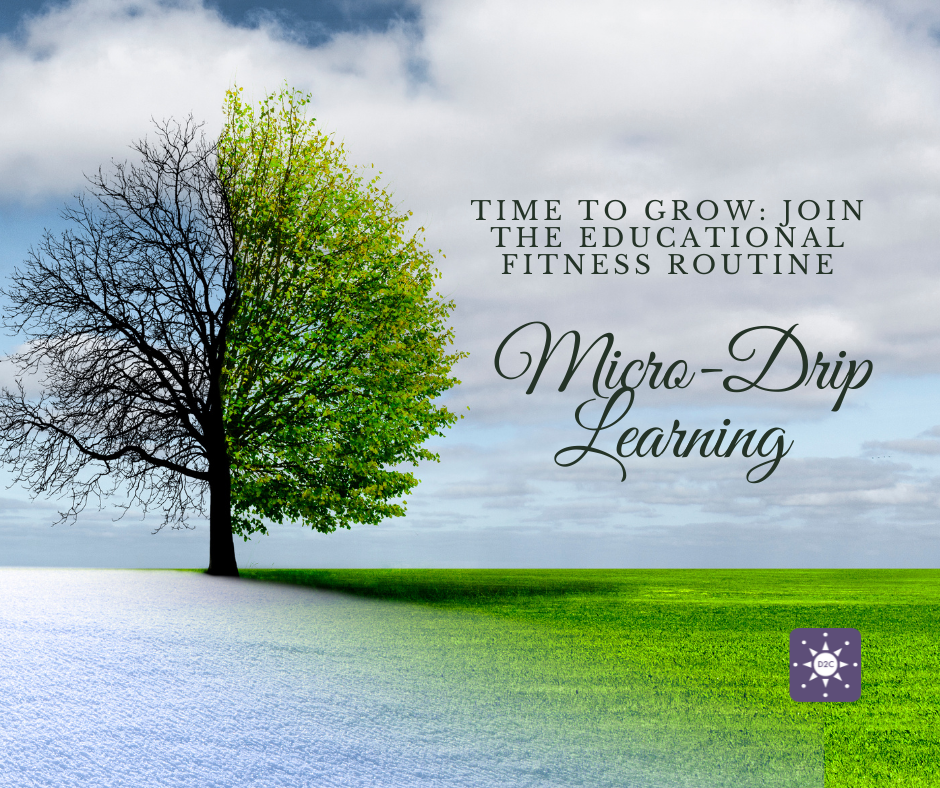Starting a new learning lifestyle is exciting! You’re energized by the potential for a mental healthier you. Unfortunately, staying motivated can be tough. Life gets busy, boredom hits, and the social media scroll suddenly seems very appealing.
Here’s where psychology comes in. By understanding how our brains work and what triggers behavior change, we can use these insights to our advantage.
Building on Classical Conditioning
John B. Watson, a pioneer of behaviorism, famously demonstrated classical conditioning through his (now ethically questionable) experiment with Little Albert. While we wouldn’t want to use fear conditioning for education, the principle applies. Pair your learning with something you enjoy, like teaming up with a friend or playing music, SOFTLY, in the background. Over time, the positive association with learning can make you crave that feel-good state of mind.
Operant Conditioning: Rewarding Yourself
B.F. Skinner, another behaviorist, championed operant conditioning, where behaviors are reinforced or punished by their consequences. This is all about rewarding yourself for sticking to your goals. After a microcourse, treat yourself to a trip to store or cappuccino. Completing a week of Micro-Drip Learning? Celebrate with a relaxing bath or a tickets to your favorite performer.
The Power of Goals
Setting clear, SMART goals (Specific, Measurable, Achievable, Relevant, and Time-bound) is crucial for success according to Edwin Locke and Gary Latham’s goal-setting theory. Instead of a vague desire to “start learning,” aim to “connect the learning to ways to upskill into your dream career” or “to find your passion so you can live your best life.” Track your progress and celebrate milestones to stay motivated.
Social Influence: Partner Up or Find a Support Group
We are social creatures, heavily influenced by those around us. Find a learning buddy or join the Micro-Drip Learning classes. Social support and a little friendly competition can go a long way in keeping you accountable and keep your interest level high.
Beyond Behaviorism: The Role of Mindset
While behaviorism provides powerful tools, psychology is multifaceted. Carol Dweck’s work on mindsets highlights the importance of believing in your ability to change. Instead of viewing setbacks as failures, view them as actual learning experiences. This growth mindset fosters resilience and keeps you going when things get tough.
Remember, creating sustainable change takes time and effort. By using these psychological principles, you can develop a routine that feels good and fits seamlessly into your life. So, put on your glasses, and get ready to achieve your goals in learning and in life!
References
- Baron, R. A., & Branscombe, N. R. (2016). Social Psychology (13th ed.). Pearson.
- Dweck, C. S. (2006). Mindset: The new psychology of success. Random House.
- Locke, E. A., & Latham, G. P. (2002). Building a critical mass of evidence to make contingent reward effective for motivating employee performance. Organizational Dynamics, 31(2), 38-58.
- Rosenthal, M. (2004). Little Albert and the beginnings of behaviorism. American Psychologist, 59(3), 205.
- Schultz, D. P., & Schultz, S. E. (2016). A theory of controlled and automatic mental processes applied to learning.Psychological Bulletin, 93(1), 139.


